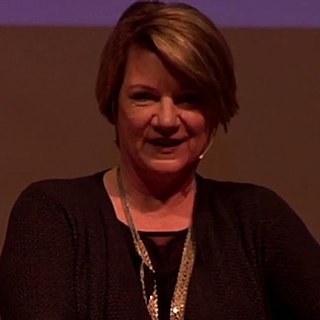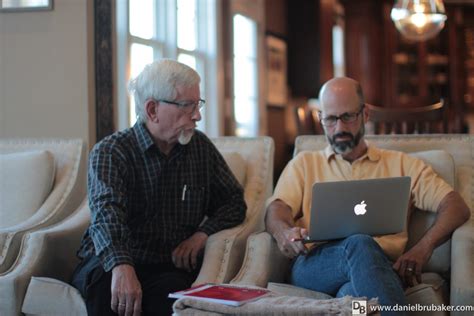A Quote by Azar Nafisi
In the past 30 years, officials of the Iranian regime and its apologists have labeled criticism, especially with regard to women's rights, as anti-Islamic and pro-Western, justifying its brutalities by ascribing them to Islam and Iran's culture.
Related Quotes
This is a good time to ask apologists for the Islamic regime, who degrades Islam? Who imposes stoning, forced marriage of underage girls and flogging for not wearing the veil? Do such practices represent Iran's ancient history and culture, its ethnic and religious diversity? Its centuries of sensual and subversive poetry?
Where it is the majority religion, Islam does not recognize religious freedom, at least not as we understand it. Islam is a different culture. This doesn't mean that it's an inferior culture, but it is a culture that has yet to connect with the positive sides of our modern Western culture: religious freedom, human rights and equal rights for women.
After the rigged Iranian presidential elections in 2009, the Islamic regime attacked the 'humanities' as the main source of protests, the most effective tool used by the West, especially America, to corrupt and incite Iranian youth, and finally closed down all the Humanities departments in Iran's universities.
The Iranian people were converted to Islam not very much longer after the conquest of the Arab world by Islam, but they refused to adopt the Arabic language, and it's a great point of pride to them that Persian culture and the Persian language and Persian literature survived the conversion to Islam. And the conversion to Islam also was for most of them not the Sunni majority form, but the Shia one. So there's a great discrepancy between Iranian society and many other of what we think of as Arab Muslim States and systems.
ISIS is not Islam. No, I'm not saying that. The government says that. The left, the media says it. ISIS is not Islam. You've heard Obama say that. ISIS is making a mockery of Islam. In fact, what you really need to understand about the way our government looks at Islam, they look at Islam as anti-terror as well. Islam is anti-terrorism. Therefore, no terrorism can actually be Islamic.
Our support for the Shah, the CIA coup in 1953 - has become infused into the Iranian political discourse. The regime that came to power in 1979 during the Iranian revolution actually defined itself as anti-American, and that's now a critical ingredient in the Iranian domestic political debate. That really is the source of our problems - the regime in Tehran continues to see itself as opposing the US. In their eyes, everything the US does is directed at them in a very malevolent way, and therefore they have to fight back against it.
When he emerged Lou Dobbs the populist, he was so hard to peg. A mishmash of contradictions: anti-outsourcing, anti-globalization, pro-international-trade, pro-free-enterprise, anti-corporatism, pro-choice, pro-Second Amendment, pro-gay-marriage, pro-gays-serving-openly-in-the-military, pro-military, anti-war-in-Iraq-and-Afghanistan.
My idea is that the Koran is a kind of cocktail of texts that were not all understood even at the time of Muhammad. Many of them may even be a hundred years older than Islam itself. Even within Islamic traditions there is a huge body of contradictory information, including a significant Christian substrate; one can derive a whole Islamic anti-history from them if one wants.


































